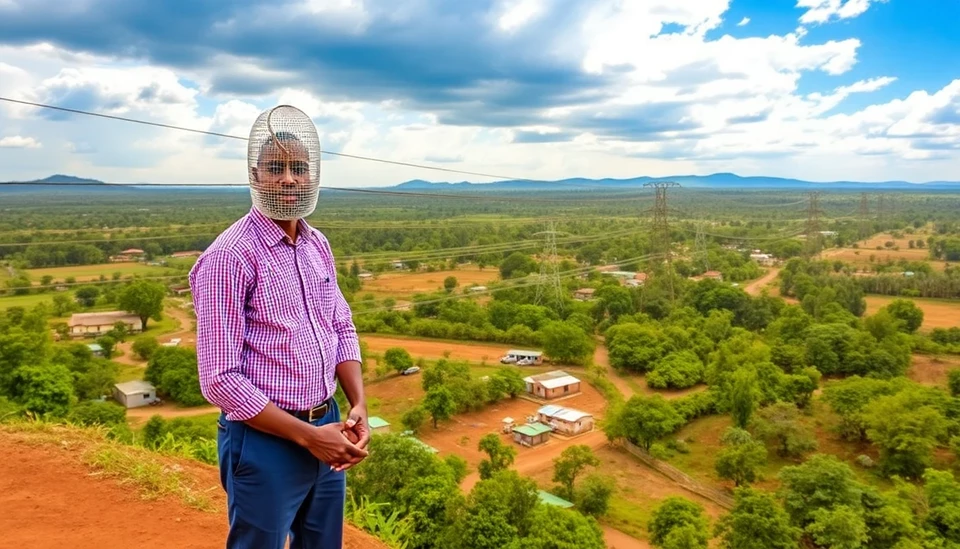
In a significant move to enhance its electricity infrastructure, the government of Burundi has announced a comprehensive plan to expand its power grid starting in 2025. This ambitious project, which involves a substantial investment of approximately $1.4 billion, aims to bolster the nation's capacity to generate and distribute electricity, addressing both supply limitations and accessibility issues faced by the populace.
The initiative comes in response to the increasing energy demands experienced by Burundi, one of the smallest countries in East Africa, known for its challenging topography and limited energy resources. Currently, a substantial portion of the population lacks access to reliable electricity, which hampers economic growth and affects overall quality of life.
The newly proposed expansion will not only focus on increasing the grid's reach but also improving the efficiency of energy distribution. By investing in modern technology and infrastructure, the government seeks to ensure that more Burundians can benefit from a consistent power supply. This step is expected to significantly improve living conditions, stimulate economic activity, and attract foreign investment in various sectors.
According to local officials, the financing for the power grid expansion will be sourced from a mix of international aid, loans, and private sector partnerships. This multifaceted approach is designed to minimize the financial burden on the local economy while maximizing the potential for sustainable growth.
The plan has been met with optimism from various stakeholders, including environmental groups and economic agencies. By modernizing the energy sector, Burundi can strive toward a more sustainable energy model, incorporating renewable sources that align with global climate commitments.
Furthermore, with the expanded grid, the government plans to promote electrification in rural areas, which are currently underserved. Officials assert that providing electricity to these regions will not only elevate living standards but will also facilitate access to modern amenities such as education, healthcare, and improved agricultural practices.
As Burundi moves forward with this initiative, it remains to be seen how the implementation of the project will unfold and what measures will be put in place to ensure efficiency and accountability throughout the process. Nonetheless, this initiative is a promising step towards rectifying the long-standing power supply challenges that have plagued the nation.
Overall, this $1.4 billion investment represents a transformative effort aimed at shaping Burundi’s energy future, laying a foundation for sustainable development that could substantially alter the nation’s socio-economic landscape.
#Burundi #PowerGrid #EnergyExpansion #ElectricityInfrastructure #SustainableDevelopment #EastAfricaEnergy #InvestmentInBurundi #RenewableEnergy
Author: Sophie Bennett




